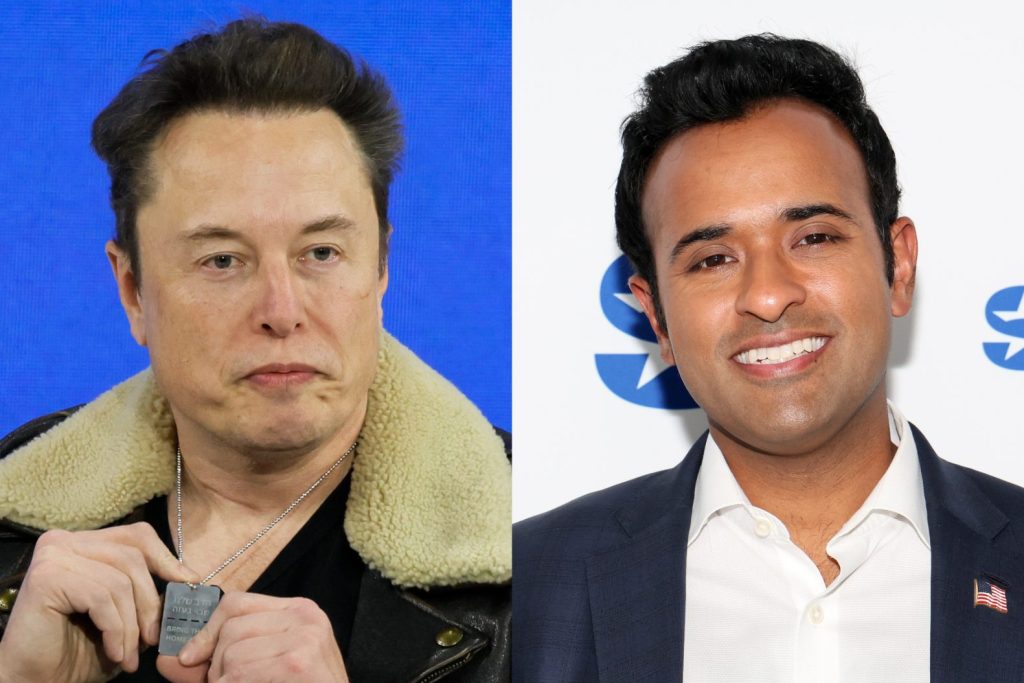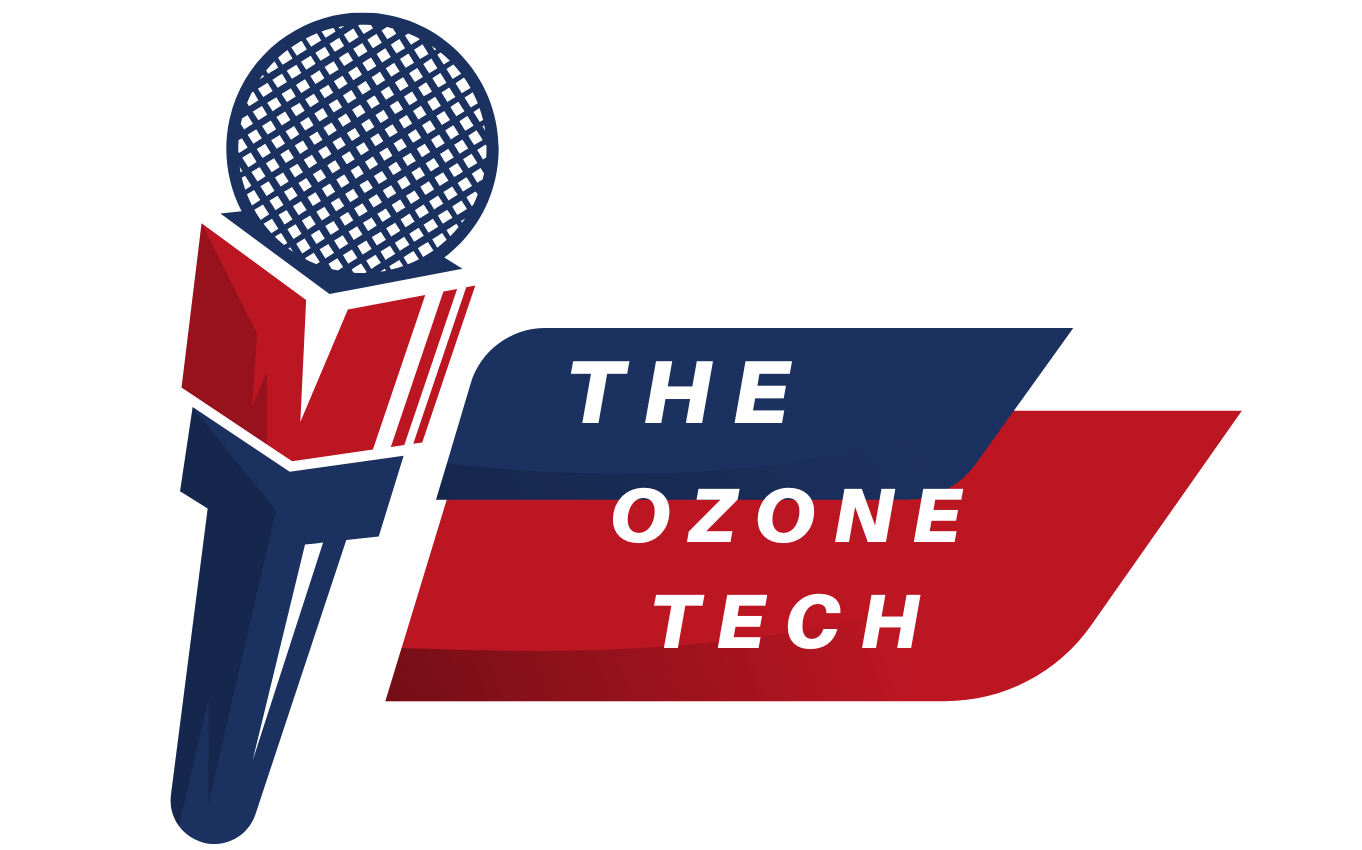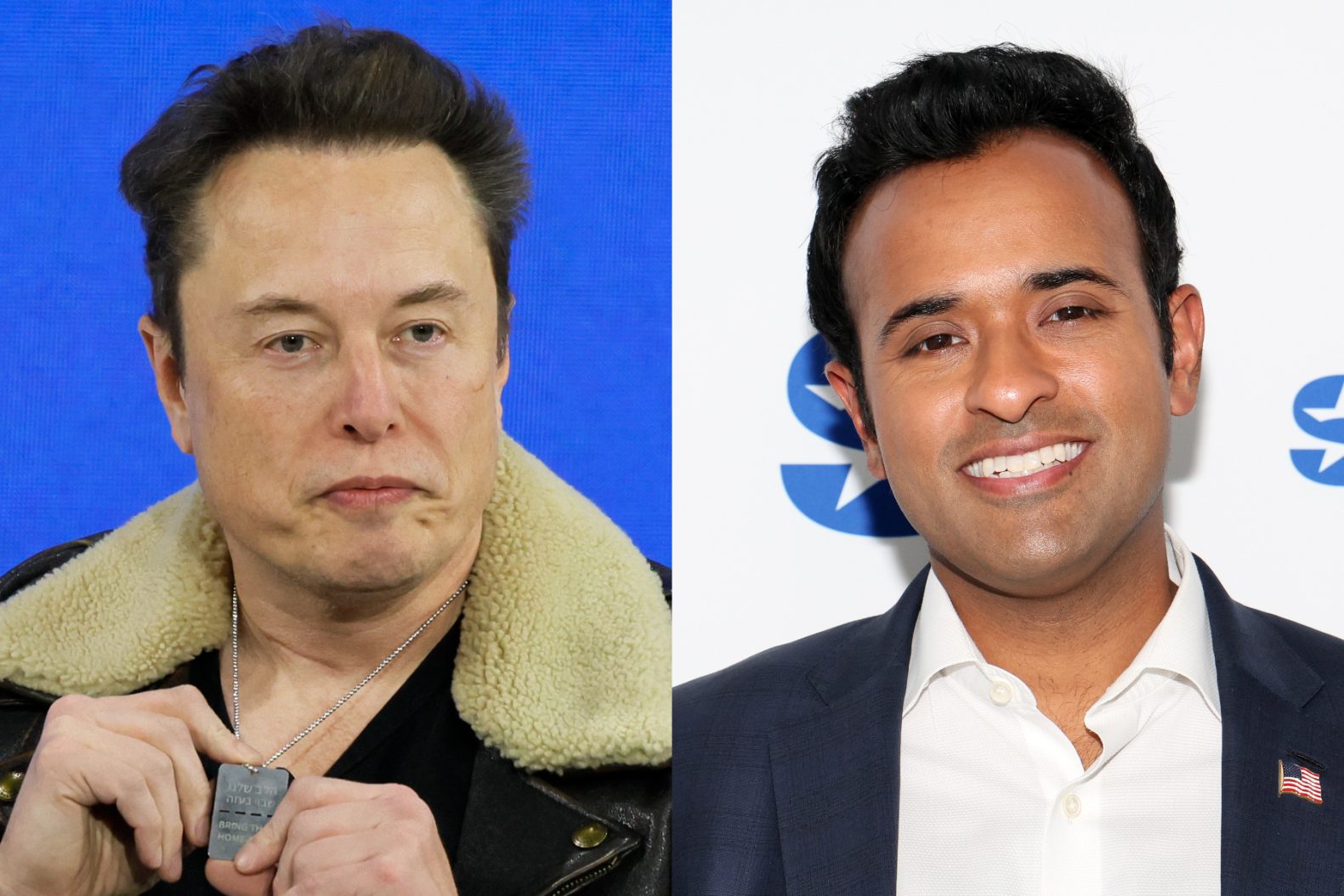
In a surprising development, former President Donald Trump is reportedly considering appointing tech billionaire Elon Musk and entrepreneur Vivek Ramaswamy to lead a new “Department of Government Efficiency” should he return to office. This department would aim to streamline government operations, reduce waste, and implement innovative practices to improve efficiency across federal agencies.
Why Musk and Ramaswamy?
Both Musk and Ramaswamy are known for their disruptive approaches in their respective industries and have developed reputations as advocates for efficiency and innovation.
- Elon Musk: As CEO of companies like Tesla and SpaceX, Musk has driven advancements in electric vehicles, space exploration, and renewable energy, often with an emphasis on reducing costs and increasing efficiency. Musk’s experience in tech and engineering innovation would be central to any attempt at overhauling outdated government systems.
- Vivek Ramaswamy: A successful entrepreneur and political commentator, Ramaswamy gained national recognition as the founder of the biopharmaceutical company Roivant Sciences and for his conservative stance on government reform. Known for his vocal critiques of bureaucratic red tape and his calls for greater government accountability, Ramaswamy would bring a business-minded approach to the new department.
What Would the Department of Government Efficiency Do?
The proposed Department of Government Efficiency would focus on eliminating redundant processes, reducing federal spending, and introducing advanced technologies to streamline operations. Some anticipated areas of focus include:
- Technology Upgrades: Musk’s background in tech innovation could drive the department to modernize federal agencies by adopting advanced technologies, like artificial intelligence, to improve data management and enhance public service efficiency.
- Reducing Bureaucratic Waste: Both Musk and Ramaswamy are strong proponents of lean organizational structures. They would likely push for a review of federal programs to eliminate redundancies and cut unnecessary costs, mirroring strategies they’ve implemented in their own companies.
- Energy and Sustainability Initiatives: Given Musk’s experience with renewable energy through Tesla’s solar and energy storage initiatives, the department could push for energy-efficient practices across government agencies, potentially saving on utility costs and reducing environmental impact.
- Streamlining Regulations: Ramaswamy, who has frequently criticized over-regulation, could lead efforts to identify and streamline regulatory processes that many businesses and citizens find burdensome. This would likely include reducing regulatory requirements for startups and small businesses to encourage economic growth.
- Improving Public Sector Accountability: The department would also aim to enhance transparency and accountability within government agencies, promoting the idea that the government should operate with the efficiency expected in the private sector.
Potential Challenges and Public Reaction
While some have praised the idea of a Department of Government Efficiency, critics argue that reducing government spending and streamlining agencies may result in job cuts or reduced resources for important programs. Additionally, some lawmakers may oppose Musk and Ramaswamy’s appointments, questioning whether business leaders without government experience can successfully navigate the complex public sector.
On the other hand, many supporters view this as an opportunity to bring fresh perspectives to government, hoping that Musk and Ramaswamy’s unconventional approaches might lead to meaningful reform in an often-criticized federal bureaucracy.
A Radical Approach to Government Reform
The concept of a Department of Government Efficiency reflects Trump’s broader vision of government reform and budget cuts. Appointing two figures known for their bold, results-driven strategies indicates a potential shift toward a more private-sector approach within the federal government. It remains to be seen if this department will materialize, but the potential for a significant overhaul could redefine federal efficiency standards and reshape how public services are managed.
Conclusion
The possibility of Elon Musk and Vivek Ramaswamy leading a new Department of Government Efficiency represents a bold shift in Trump’s vision for government. With the goal of reducing waste, streamlining operations, and leveraging innovation, this proposed department could mark a radical change in government management, blending private-sector tactics with public-sector challenges. Whether these changes would benefit the public or face obstacles remains a point of active discussion among both supporters and skeptics.








